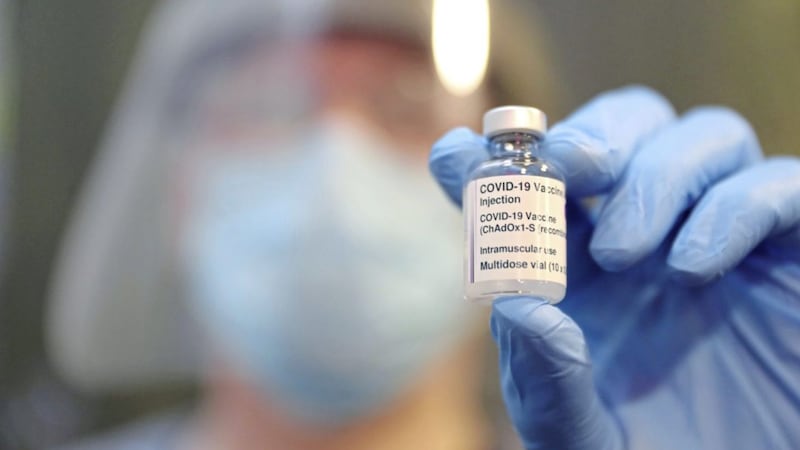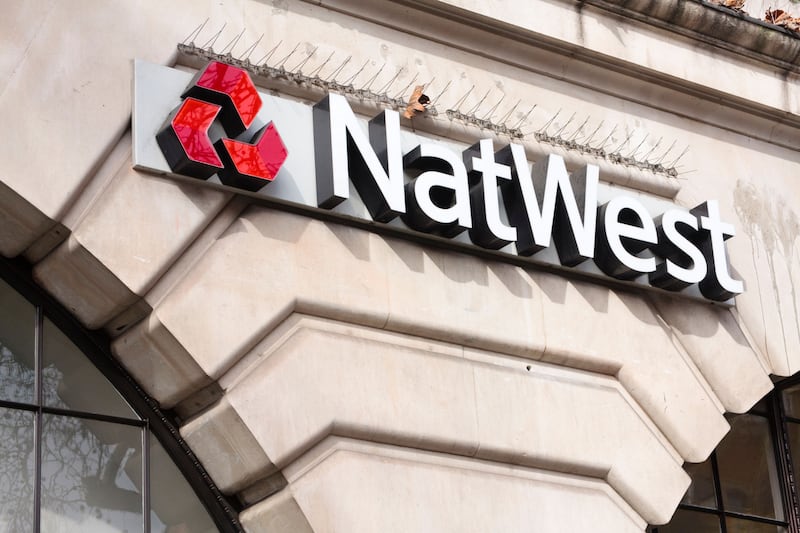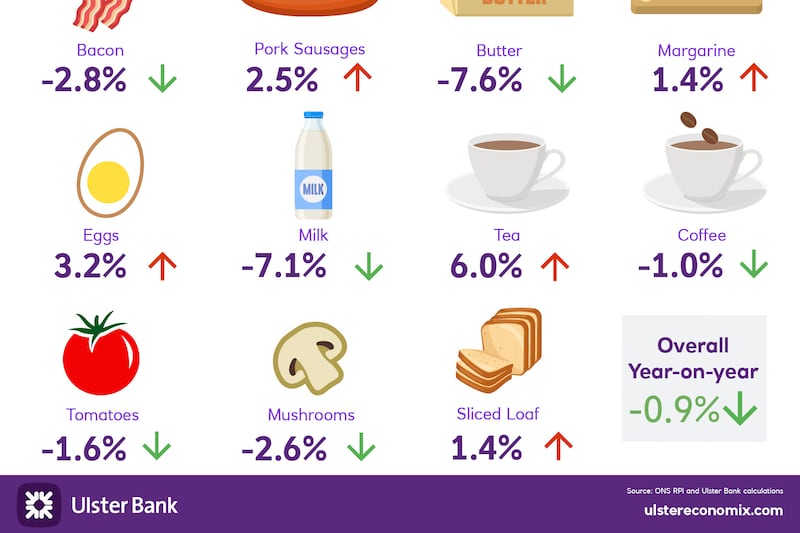THE pre-Christmas lockdown knocked the stuffing out of any modest economic recovery after a strikingly downbeat end to the year in the north, new data suggests.
But while virtually every business activity indicator in the latest Ulster Bank PMI report continued on a downwards trajectory, its authors are stopping short of pointing to a recession - at least not yet.
The December PMI signalled that the Northern Ireland private sector (this takes in (services, manufacturing, construction and retail) remains in contraction, although rates of decline in output, new orders and employment all softened slightly.
And despite the latest restrictions adding to firms' misery, Ulster Bank's regional chief ecomomist Richard Ramsey says the arrival of a number of vaccines, and the UK-EU trade deal removing some of the risk and uncertainty around a hard Brexit, has provided “a general boost to business confidence”.
He said: “It looks like the speed and scale of the vaccine roll-out will be the biggest and most important factor determining our economic performance in 2021.
“And the trade deal, secured after this survey was conducted, will act as an additional fillip, although In the meantime we can expect teething problems to emerge as firms on both sides of the Irish Sea get to grips with the new trading arrangements.
“Even when these are mastered, the reality is that trade will be more restricted, involve more bureaucracy, and therefore be more costly than before.”
Despite a separate report from the British Chambers of Commerce last week suggesting that the UK is on course for a double-dip recession in the first quarter of this year, Mr Ramsey countered: “Following last year’s salutary lesson, economic forecasters will this year be wary of making predictions for the 12 months ahead.”
December’s PMI survey saw all four sectors all posting declines in both output and employment, while export orders notched up their 23rd successive month of decline.
The one area where growth is accelerating is inflation. Input costs rose at their fastest pace since August 2018 with inflationary pressures most marked amongst manufacturers. But firms are passing on these higher costs, such as freight and raw materials, to their customers, and as a result, the selling prices of goods and services are rising at their fastest rate in almost two years.
Mr Ramsey said: “The private sector ended 2020 the way it began the year, with business activity contracting at the same pace in December as in January (46.8).
“These two months provided a bookend for what was a dramatic year for economies worldwide, and economic forecasts made a year ago proved to be so wide of the mark that they quickly became meaningless.
“The local economy experienced six months of contraction during the first half of 2020, including the record rates of decline across a range of indicators in the second quarter. Indeed some of the PMI indicators hit single-digits, a feat that was unheard of prior to the pandemic and the use of lockdowns.
“A robust rebound occurred in the third quarter with three months of output growth. But this recovery was short-lived and faltered as renewed lockdown restrictions triggered three months of contraction during the final quarter of the year.”







